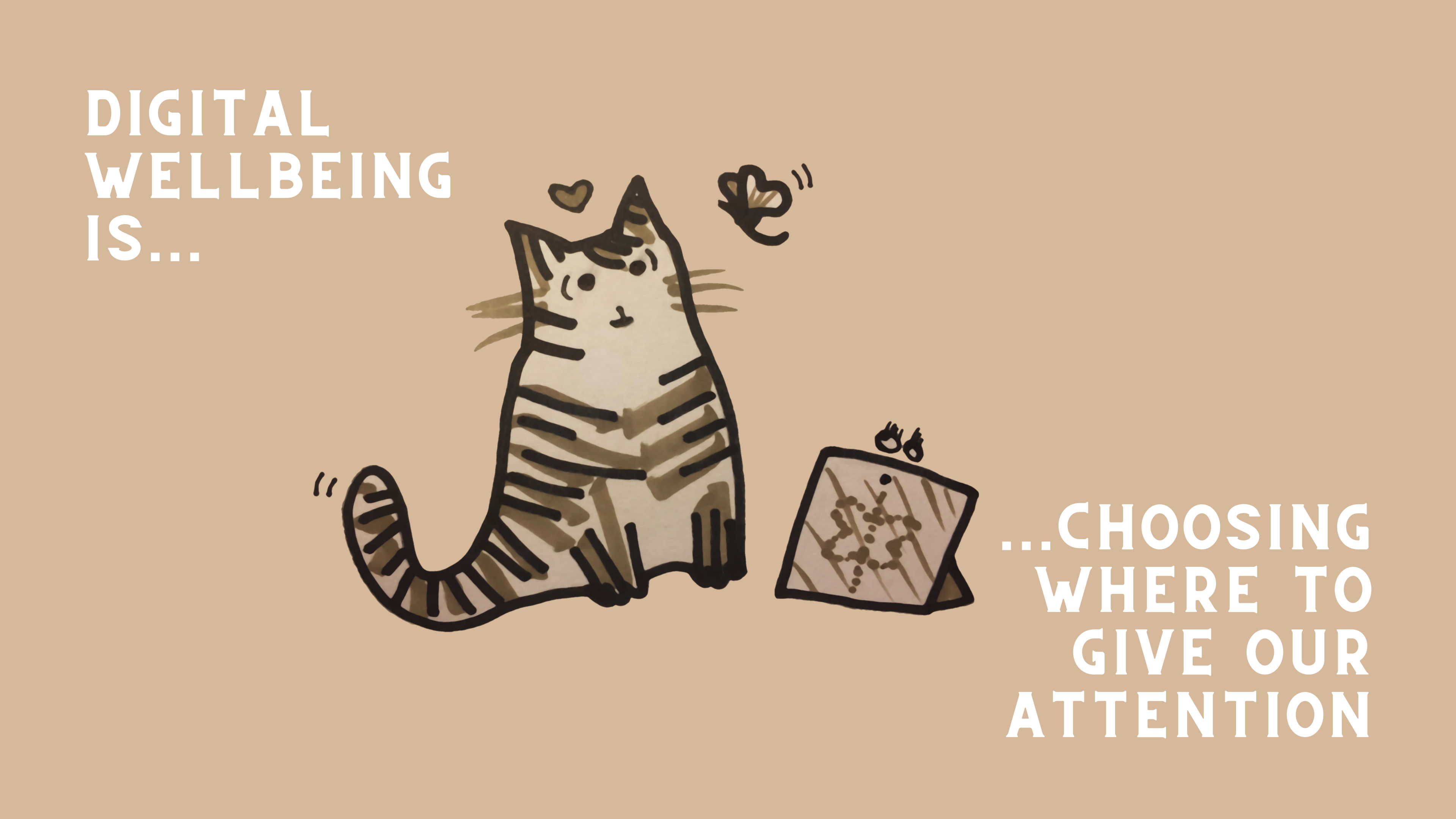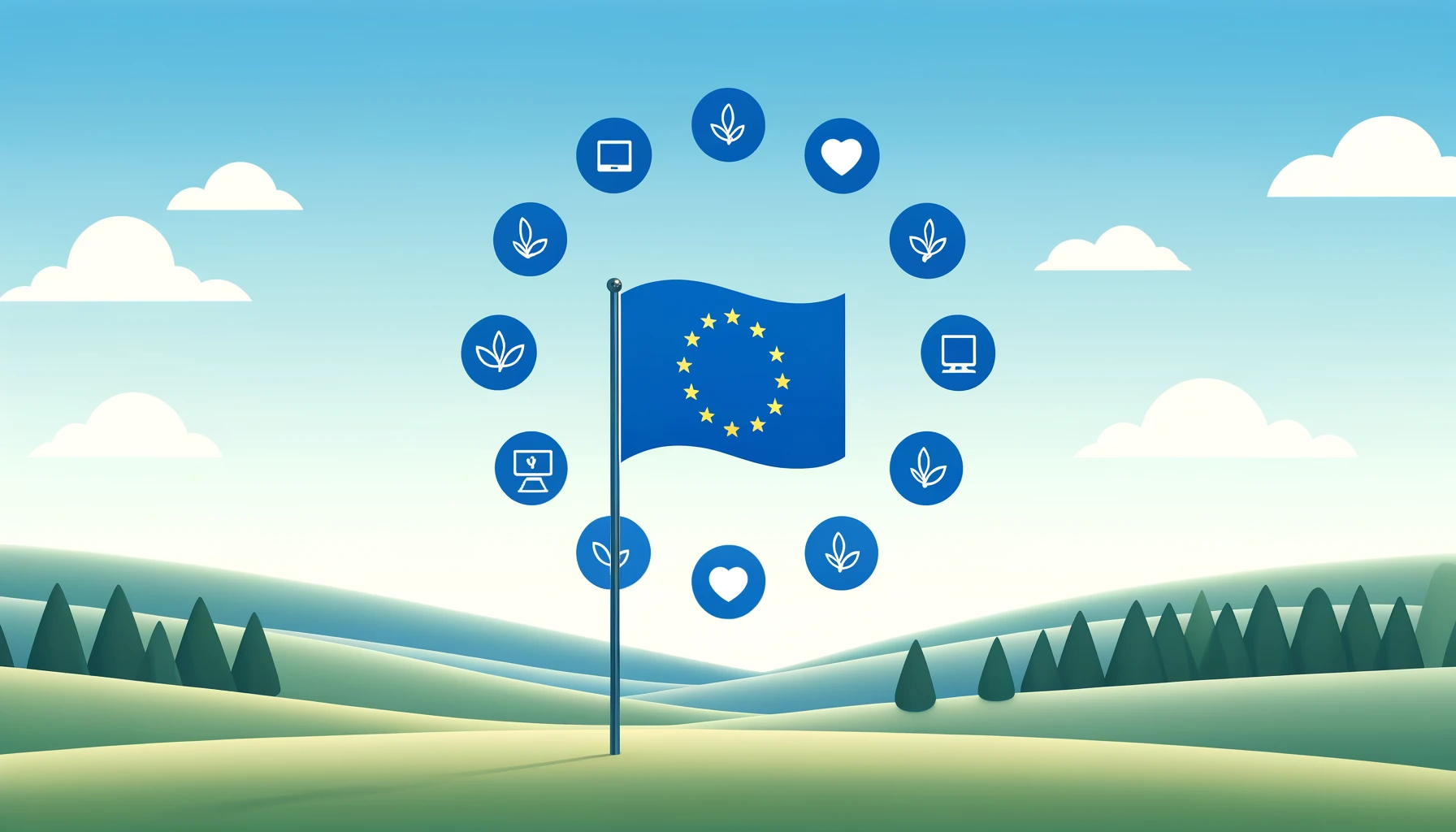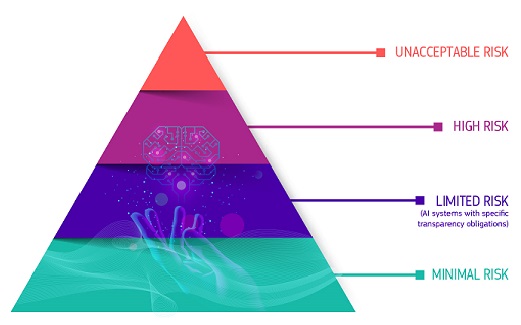There are very few ways of saying, “I know what your child looks like, their DoB, their diagnosis (and therefore suitability as a witness), and where they go to school,” without sounding overtly threatening.
I should probably contextualise that.
I have an unhealthy interest in Mummy Facebook pages and mom bloggers. They fascinate me. They also make me feel better about some of my parenting choices. But I’ve read the tales of tantrums and thrown food and wondered where it ends. The story about little Hugo discovering his penis at the age of two is adorable. The story about Hugo discovering the joys of masturbation at the age of 15 is a gross invasion of privacy.
And then it happened. A parent shared a vlog from a parent who proudly told the world about her 13 year-old son’s first steps down the path of self-love. Which means that when that boy becomes a man, and you google his name or his mother’s name, that story will appear. For his friends, peers, colleagues, employers, partners and enemies for ever and ever and ever.
In the comments section for the video (ever a trove of media literacy case studies), around half of the (women, one assumes mothers) comments congratulated her on… I’m not sure. Raising a child to the point of sexual maturity? Making them feel better about their own kid’s personal and private habits? Managing to upload a video successfully?
The other half condemned the woman for invading her son’s privacy. Which gave me hope for the levels of media literacy and human decency among the general Facebook population, until I read the mother’s replies. Her son knows that she vlogs about him, he doesn’t mind, and indeed keeps count of the numbers of likes and shares the videos get. So the boy, who is too young to consent and probably not cognisant of the long-term repercussions of the videos, is being conditioned to enjoy the idea that public humiliation is worth it for the likes and shares.
It turned out to be more of a rabbit hole than even this. The page was linked, however, to an Autism Mom Facebook group. So it turned out that the lad is autistic, which means he’s likely socially awkward even before his mother humiliates him online.
I rapidly discovered that the vlog is not unusual behaviour from the members of this particular Autism Mom Facebook group. Which is open to the public. Scrolling down, I see pictures of older children in nappies (diapers), also showing their faces, with their names, ages and diagnoses, videos of their meltdowns and quirky gesticulations. The likes and comments reveal an echo chamber where the parents try to outdo each other on the irritation and trauma their children’s diagnoses cause them (the parents), constantly engaged in one-upmanship, getting high on the likes and searching for a bigger and better hit.
A “Who’s got a birthday in February” post by admin invites members to share photos of their disabled children, with their dates of birth and details of their diagnoses. Being a consummate professional with a blog in mind and too much time on my hands, I pick three five year-olds at random and see if I can find out more about them. Within twenty minutes, I have their full names, dates of birth, where their mothers work and what schools they attend. I also have their diagnoses – two of the three children are pre-verbal. Which is to say, they’d make very bad witnesses.
It’s like online shopping for vulnerable children.
I consider myself a decent human being, and feel that I would be remiss if I didn’t contact the three mothers to let them know that they are (unintentionally) endangering their kids. Which means I have to phrase a Facebook message very carefully. Apparently not carefully enough, because one of the three blocked me immediately.
The second told me that it’s not a problem, because it would be a lot of effort to go to just to kidnap a child. And then blocked me. The third told me that she is not at all concerned because it’s very rare for abuse to take place outside the family. I replied that lions don’t eat penguins very often, but we still put them in separate enclosures at the zoo. She remained undeterred. She likes the likes, she said.
This is not a phenomenon limited to the parents of autistic children, but it is worse that their children are already vulnerable. It is simply illustrative of where we’re at. Social media has given bored and lonely parents a platform to share the embarrassing photos and anecdotes that should stay in photo albums and family gatherings, framing this public and ritual humiliation as a “support group”. When challenged, in the same way as when anyone points out any flaw in anyone’s parenting, they get defensive, dismissive or shut down the conversation altogether.
And while we fret that this is the first generation of children being brought up on social media, we forget that this is also the first generation of parents bringing children up on social media. And they are equally in need of guidance and media literacy education, not only to protect themselves, but to help them protect their children.
There are very few ways of saying, “I know what your child looks like, their DoB, their diagnosis (and therefore suitability as a witness), and where they go to school,” without sounding overtly threatening.
I should probably contextualise that.
I have an unhealthy interest in Mummy Facebook pages and mom bloggers. They fascinate me. They also make me feel better about some of my parenting choices. But I’ve read the tales of tantrums and thrown food and wondered where it ends. The story about little Hugo discovering his penis at the age of two is adorable. The story about Hugo discovering the joys of masturbation at the age of 15 is a gross invasion of privacy.
And then it happened. A parent shared a vlog from a parent who proudly told the world about her 13 year-old son’s first steps down the path of self-love. Which means that when that boy becomes a man, and you google his name or his mother’s name, that story will appear. For his friends, peers, colleagues, employers, partners and enemies for ever and ever and ever.
In the comments section for the video (ever a trove of media literacy case studies), around half of the (women, one assumes mothers) comments congratulated her on… I’m not sure. Raising a child to the point of sexual maturity? Making them feel better about their own kid’s personal and private habits? Managing to upload a video successfully?
The other half condemned the woman for invading her son’s privacy. Which gave me hope for the levels of media literacy and human decency among the general Facebook population, until I read the mother’s replies. Her son knows that she vlogs about him, he doesn’t mind, and indeed keeps count of the numbers of likes and shares the videos get. So the boy, who is too young to consent and probably not cognisant of the long-term repercussions of the videos, is being conditioned to enjoy the idea that public humiliation is worth it for the likes and shares.
It turned out to be more of a rabbit hole than even this. The page was linked, however, to an Autism Mom Facebook group. So it turned out that the lad is autistic, which means he’s likely socially awkward even before his mother humiliates him online.
I rapidly discovered that the vlog is not unusual behaviour from the members of this particular Autism Mom Facebook group. Which is open to the public. Scrolling down, I see pictures of older children in nappies (diapers), also showing their faces, with their names, ages and diagnoses, videos of their meltdowns and quirky gesticulations. The likes and comments reveal an echo chamber where the parents try to outdo each other on the irritation and trauma their children’s diagnoses cause them (the parents), constantly engaged in one-upmanship, getting high on the likes and searching for a bigger and better hit.
A “Who’s got a birthday in February” post by admin invites members to share photos of their disabled children, with their dates of birth and details of their diagnoses. Being a consummate professional with a blog in mind and too much time on my hands, I pick three five year-olds at random and see if I can find out more about them. Within twenty minutes, I have their full names, dates of birth, where their mothers work and what schools they attend. I also have their diagnoses – two of the three children are pre-verbal. Which is to say, they’d make very bad witnesses.
It’s like online shopping for vulnerable children.
I consider myself a decent human being, and feel that I would be remiss if I didn’t contact the three mothers to let them know that they are (unintentionally) endangering their kids. Which means I have to phrase a Facebook message very carefully. Apparently not carefully enough, because one of the three blocked me immediately.
The second told me that it’s not a problem, because it would be a lot of effort to go to just to kidnap a child. And then blocked me. The third told me that she is not at all concerned because it’s very rare for abuse to take place outside the family. I replied that lions don’t eat penguins very often, but we still put them in separate enclosures at the zoo. She remained undeterred. She likes the likes, she said.
This is not a phenomenon limited to the parents of autistic children, but it is worse that their children are already vulnerable. It is simply illustrative of where we’re at. Social media has given bored and lonely parents a platform to share the embarrassing photos and anecdotes that should stay in photo albums and family gatherings, framing this public and ritual humiliation as a “support group”. When challenged, in the same way as when anyone points out any flaw in anyone’s parenting, they get defensive, dismissive or shut down the conversation altogether.
And while we fret that this is the first generation of children being brought up on social media, we forget that this is also the first generation of parents bringing children up on social media. And they are equally in need of guidance and media literacy education, not only to protect themselves, but to help them protect their children.
There are very few ways of saying, “I know what your child looks like, their DoB, their diagnosis (and therefore suitability as a witness), and where they go to school,” without sounding overtly threatening.
I should probably contextualise that.
I have an unhealthy interest in Mummy Facebook pages and mom bloggers. They fascinate me. They also make me feel better about some of my parenting choices. But I’ve read the tales of tantrums and thrown food and wondered where it ends. The story about little Hugo discovering his penis at the age of two is adorable. The story about Hugo discovering the joys of masturbation at the age of 15 is a gross invasion of privacy.
And then it happened. A parent shared a vlog from a parent who proudly told the world about her 13 year-old son’s first steps down the path of self-love. Which means that when that boy becomes a man, and you google his name or his mother’s name, that story will appear. For his friends, peers, colleagues, employers, partners and enemies for ever and ever and ever.
In the comments section for the video (ever a trove of media literacy case studies), around half of the (women, one assumes mothers) comments congratulated her on… I’m not sure. Raising a child to the point of sexual maturity? Making them feel better about their own kid’s personal and private habits? Managing to upload a video successfully?
The other half condemned the woman for invading her son’s privacy. Which gave me hope for the levels of media literacy and human decency among the general Facebook population, until I read the mother’s replies. Her son knows that she vlogs about him, he doesn’t mind, and indeed keeps count of the numbers of likes and shares the videos get. So the boy, who is too young to consent and probably not cognisant of the long-term repercussions of the videos, is being conditioned to enjoy the idea that public humiliation is worth it for the likes and shares.
It turned out to be more of a rabbit hole than even this. The page was linked, however, to an Autism Mom Facebook group. So it turned out that the lad is autistic, which means he’s likely socially awkward even before his mother humiliates him online.
I rapidly discovered that the vlog is not unusual behaviour from the members of this particular Autism Mom Facebook group. Which is open to the public. Scrolling down, I see pictures of older children in nappies (diapers), also showing their faces, with their names, ages and diagnoses, videos of their meltdowns and quirky gesticulations. The likes and comments reveal an echo chamber where the parents try to outdo each other on the irritation and trauma their children’s diagnoses cause them (the parents), constantly engaged in one-upmanship, getting high on the likes and searching for a bigger and better hit.
A “Who’s got a birthday in February” post by admin invites members to share photos of their disabled children, with their dates of birth and details of their diagnoses. Being a consummate professional with a blog in mind and too much time on my hands, I pick three five year-olds at random and see if I can find out more about them. Within twenty minutes, I have their full names, dates of birth, where their mothers work and what schools they attend. I also have their diagnoses – two of the three children are pre-verbal. Which is to say, they’d make very bad witnesses.
It’s like online shopping for vulnerable children.
I consider myself a decent human being, and feel that I would be remiss if I didn’t contact the three mothers to let them know that they are (unintentionally) endangering their kids. Which means I have to phrase a Facebook message very carefully. Apparently not carefully enough, because one of the three blocked me immediately.
The second told me that it’s not a problem, because it would be a lot of effort to go to just to kidnap a child. And then blocked me. The third told me that she is not at all concerned because it’s very rare for abuse to take place outside the family. I replied that lions don’t eat penguins very often, but we still put them in separate enclosures at the zoo. She remained undeterred. She likes the likes, she said.
This is not a phenomenon limited to the parents of autistic children, but it is worse that their children are already vulnerable. It is simply illustrative of where we’re at. Social media has given bored and lonely parents a platform to share the embarrassing photos and anecdotes that should stay in photo albums and family gatherings, framing this public and ritual humiliation as a “support group”. When challenged, in the same way as when anyone points out any flaw in anyone’s parenting, they get defensive, dismissive or shut down the conversation altogether.
And while we fret that this is the first generation of children being brought up on social media, we forget that this is also the first generation of parents bringing children up on social media. And they are equally in need of guidance and media literacy education, not only to protect themselves, but to help them protect their children.






















































































































































